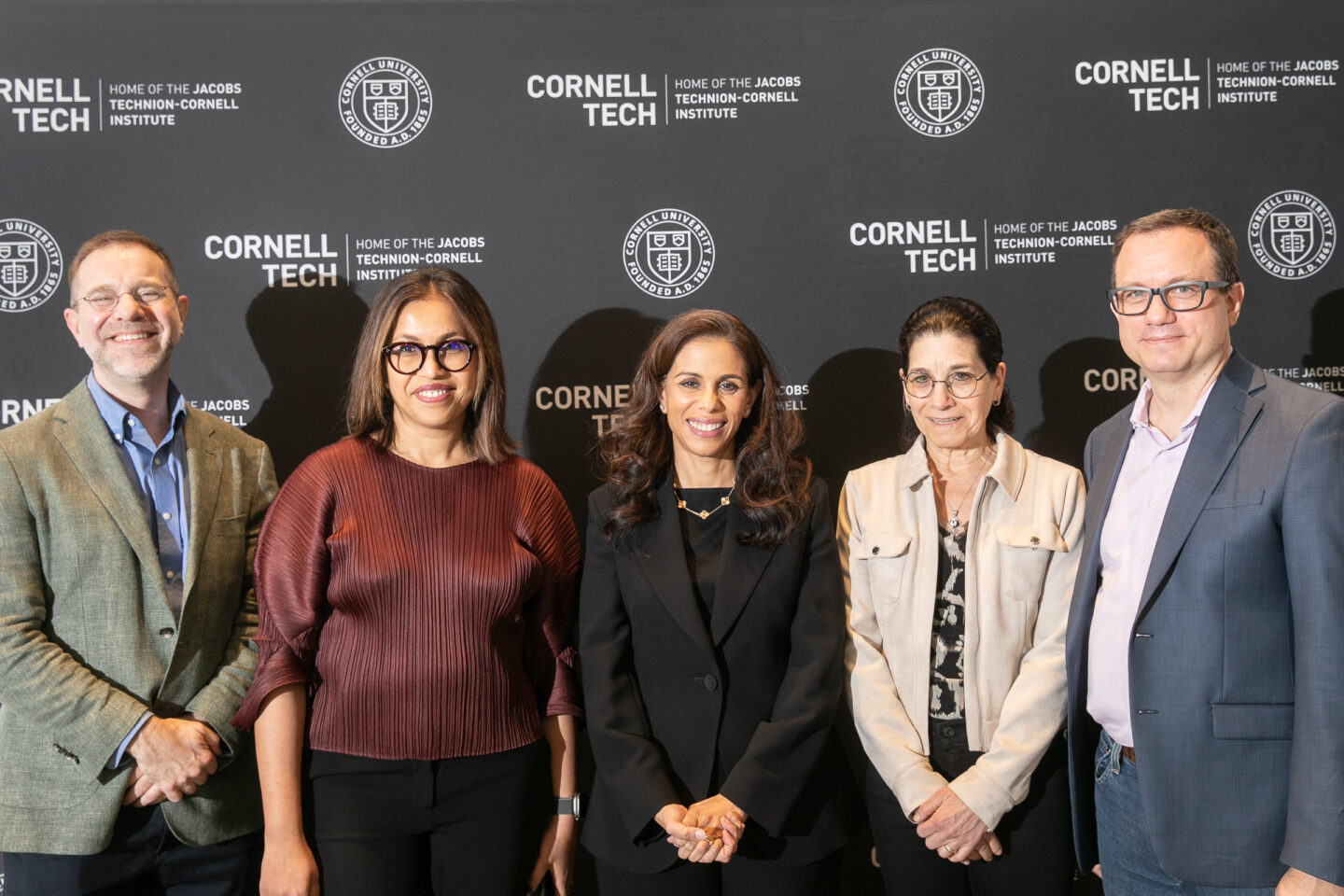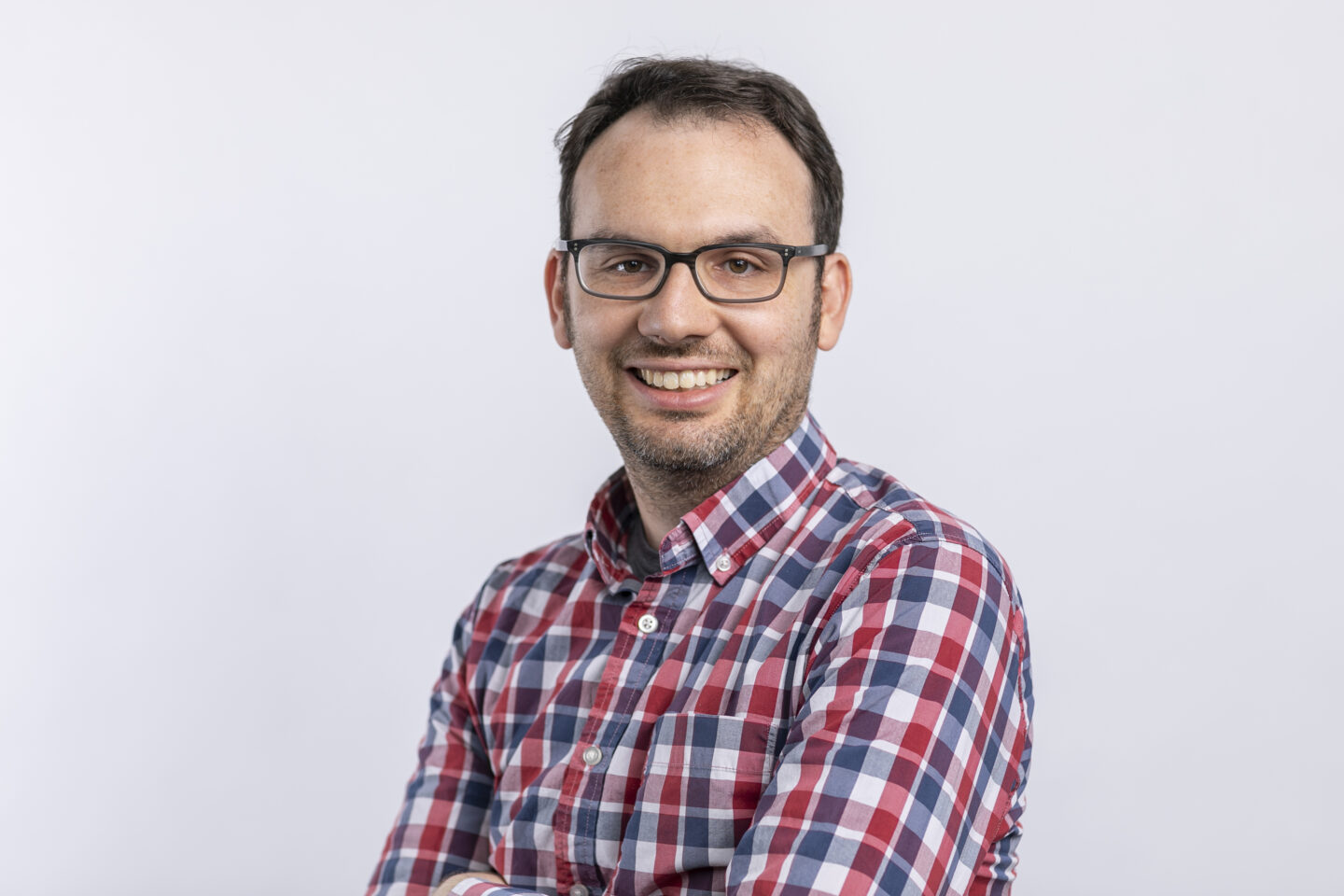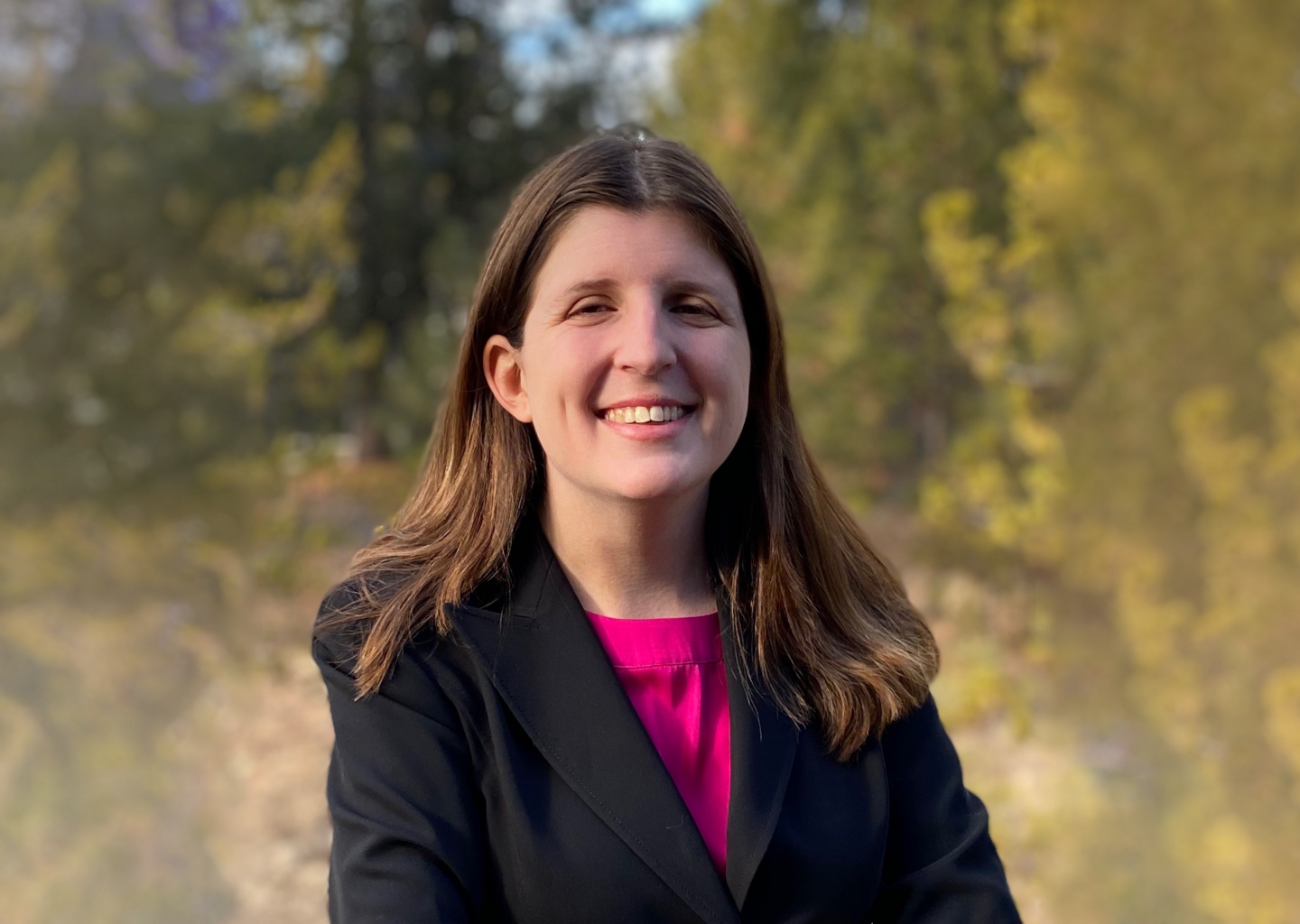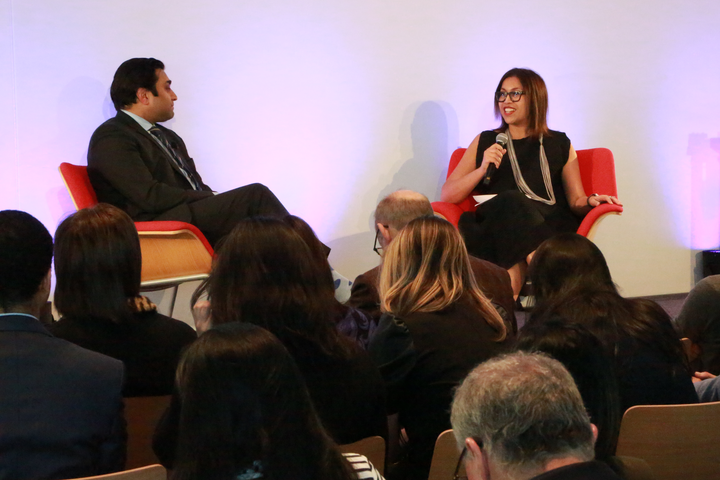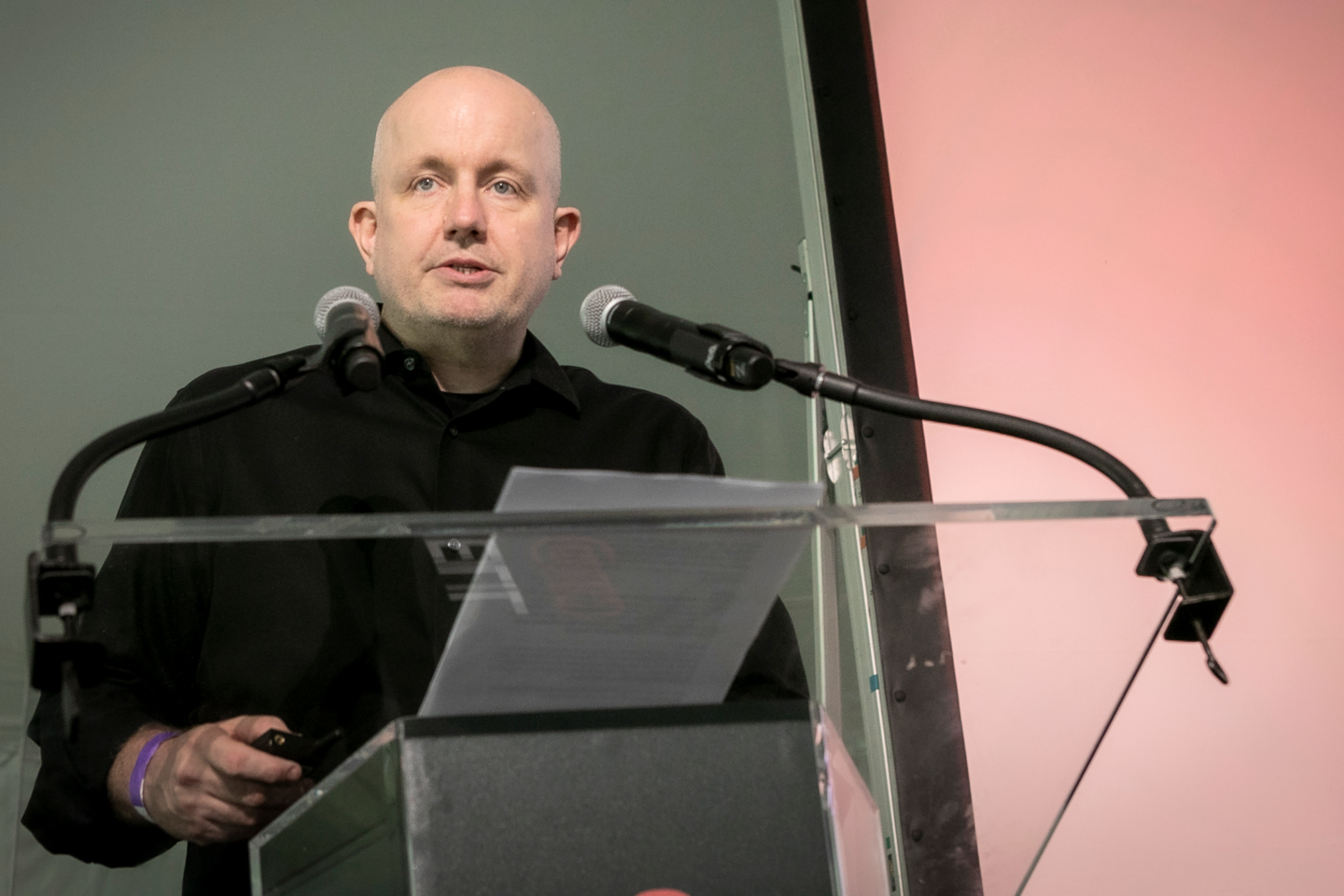Author: Liana Began
March 13, 2024
AI Certificate Empowers Business Leaders for Productivity
March 5, 2024
Professor Emma Pierson Named Schmidt AI2050 Fellow
February 22, 2024
Cornell Tech Presents 2nd Annual HealthNext AI Summit on March 4 and 5
February 14, 2024
Ari Juels Publishes New Crypto-Thriller Novel
February 20, 2024
How AI and New Tech Are Redefining Product Development
January 30, 2024
